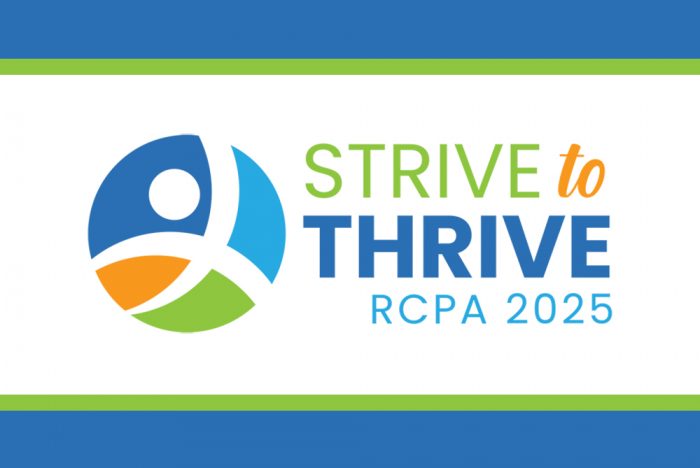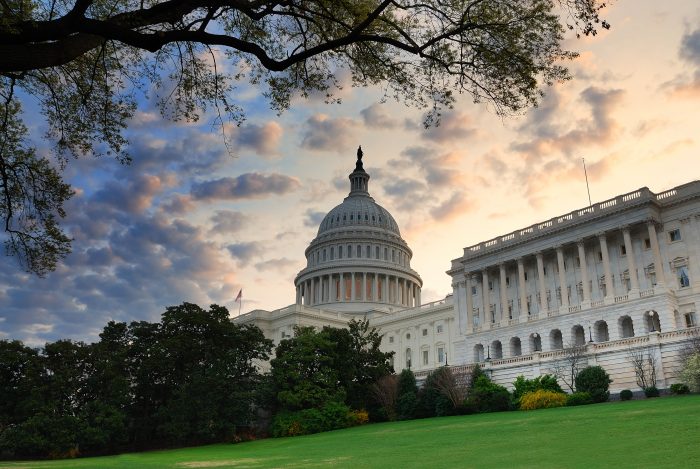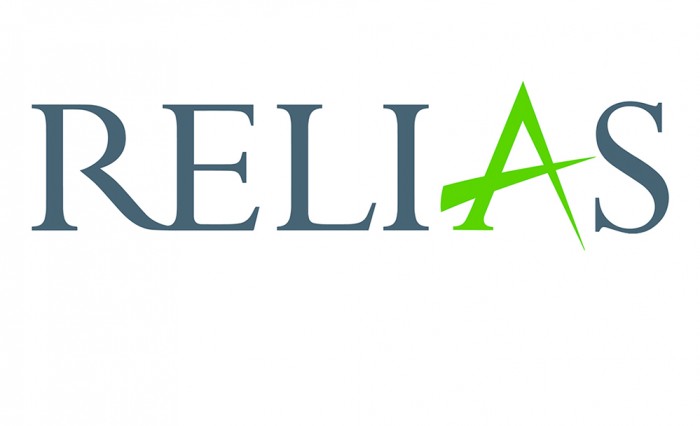RCPA member and partner Eleos are known for their market-leading AI-powered solutions. Now they’ve taken their documentation solution to the next level — and they want you to see what the buzz is about!
Join Eleos and Hillsides leaders as they debut the all-new Documentation experience at their Spring Launch Event on June 5 at 12:00 pm EST. This 1-hour webinar will kick off with a look at the reimagined Documentation experience, which features:
- Seamless live session capture with embedded audio, eliminating the need for third-party tools or hardware;
- Compatibility with over 150 languages, supporting a more diverse provider and client population;
- Coverage of virtually any 1:1 session type, including psychiatry, intake, and assessments; and
- Offline mobile access, so providers can document anytime, anywhere — even without internet connection.
Hillsides was one of 150+ organizations that shaped the new Documentation experience, and you will hear firsthand from leaders in client services, IT, and administration how Hillsides is using Eleos to:
- Alleviate administrative burden and staff burnout;
- Drive clinical, financial, and operational efficiency; and
- Achieve measurable ROI.
Register here for this exciting event today. By registering, you will ensure receipt of a recording if you cannot make it to the live event.


















